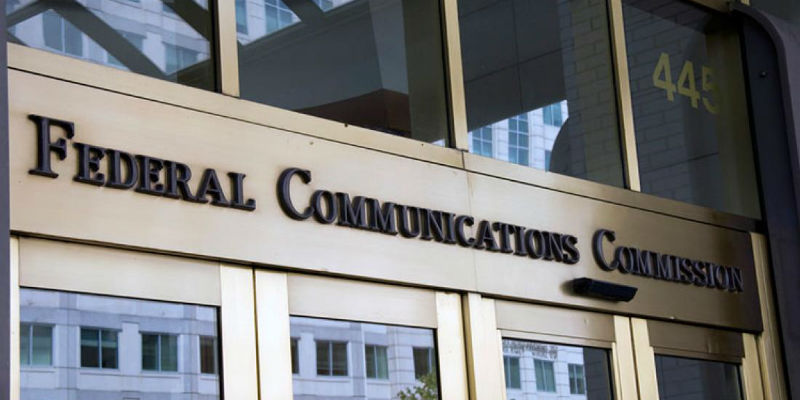The FCC has issued a ruling rejecting requests to make it more difficult for text messaging providers to protect consumers from spam and scam robotexts. Specifically, the FCC has determined that two forms of wireless messaging services, Short Messaging Service (SMS) and Multimedia Messaging Services (MMS), are not both classified as “information services” under the Communications Act. Mass-text messaging companies and other parties urged the FCC to classify SMS messages as “telecommunications services,” and thus, subject to common carrier regulations. Instead, the ruling determined that both SMS and MMS must be treated as “information services” under the Communications Act. In 2017, the United States saw 1.77 trillion SMS text messages sent and received by Americans. Because the country’s spam rate for SMS is estimated at approximately 3%, this equates to 53 billion spam messages still making their way to consumers’ mobile devices. Such messages not only clog mobile users’ devices, they are often used to scam consumers. Commissioner Jessica Rosenworcel dissented from the majority and strongly criticized her colleagues for “twist[ing] the law to reach the conclusion that you no longer have the final say on where your text messages go and what they say.” Indeed, Commissioner Rosenworcel accused her colleagues of using misleading language to dismantle existing FCC regulations. The only Democratic appointee to the Commission drew comparison between this ruling and earlier FCC orders pertaining to “restoring internet freedom” and “bridging the digital divide for low-income consumers.”








